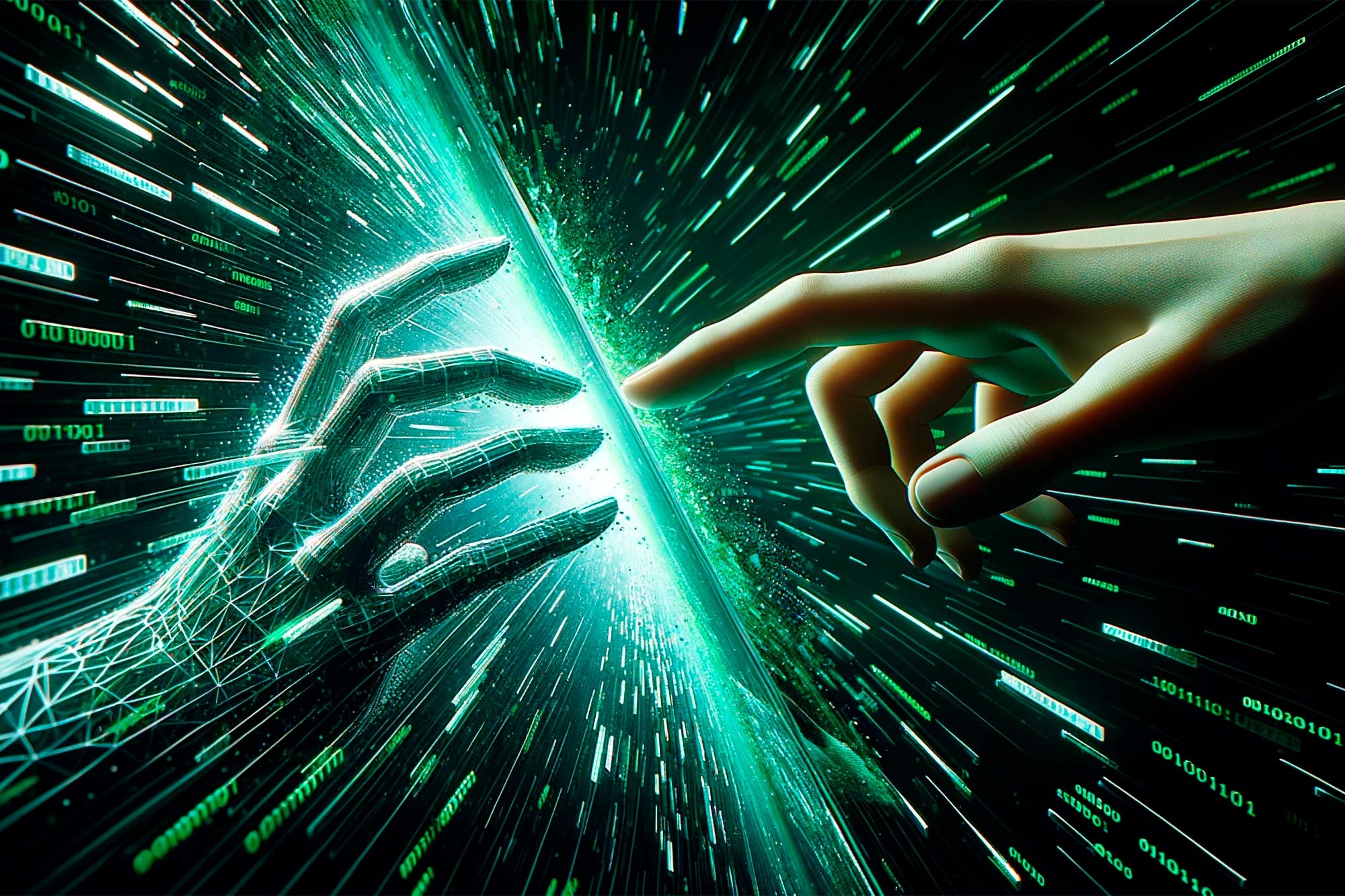Is Reality Just a Simulation?
In recent years, the idea that our reality could be a simulation has intrigued philosophers, scientists, and aspiring thinkers from all walks of life. The notion poses profound questions about existence, consciousness, and the nature of reality itself. 
This article delves into the different facets of this compelling theory, exploring its origins, implications, and the ongoing debate surrounding it.
The Birth of the Simulation Hypothesis
The simulation hypothesis was notably popularized by philosopher Nick Bostrom through his paper "Are You Living in a Computer Simulation?" published in 2003. Bostrom argues that at least one of the following propositions must be true: First, human civilization is unlikely to reach a level of technological maturity capable of producing simulated realities.
Second, if such a civilization could be achieved, it is improbable that they would be interested in running simulations of their evolutionary history.
Lastly, if advanced civilizations could run simulations, it is highly likely that we are currently living in one, given the vast numbers of potential simulated realities compared to the one tangible reality.
Bostrom's ideas ignite a cascade of thought experiments and discussions that provoke curiosity and skepticism alike. Such hypotheses are not new; they echo age-old philosophical inquiries about the sense of perceived reality. For instance, René Descartes posited that a malicious demon could deceive us into believing in a false reality. This leads to the compelling question: How do we discern what is real from what might just be an illusion?
Evidence of a Simulated Reality
One striking argument in favor of the simulation hypothesis is the rapid advancement of technology, especially in virtual and augmented realities. Today's video games and virtual environments are immersively realistic. Some suggest that it is a reasonable extrapolation to assume future technologies will be even more sophisticated. If civilizations have the capability to create indistinguishable simulations from actual reality, it stands to reason that our current existence could be one of many simulations.
Additionally, many physicists and mathematicians claim that certain characteristics of our universe, such as quantized space and time, hint at an underlying computational structure. For instance, the famous double-slit experiment in quantum mechanics suggests that observation affects reality.
This interplay between consciousness and observation could indicate that the universe is a construct, akin to a simulation where variables change in response to observers.
Implications of Living in a Simulation
If we were to accept the premise that our reality is a simulation, the implications would be overwhelming. Our understanding of existence, ethics, and consciousness would all need re-evaluation. What does it mean to live a meaningful life if our actions are mere outputs of a program? Does free will exist, or are we simply characters within a preordained storyline?
Moreover, the social and psychological impact of accepting such a theory could be staggering. Would societal structures shift? Would people begin to view each interaction as a scripted scene, leading to nihilism or apathy?
Alternatively, it could instigate a surge of curiosity and exploration, prompting individuals to seek out the "programmers" or the underlying code of their existence.
Criticism and Counterarguments
Despite compelling arguments, many critiques arise against the simulation hypothesis. The most significant objection is the lack of empirical evidence. Skeptics argue that as alluring as the hypothesis may be, it remains unfalsifiable; it cannot be tested or proven.
This limitation places its validity in the realm of speculative philosophy rather than established science.
Moreover, some contend that the human experience our emotions, consciousness, and essence suggests a deeper reality. Critics assert that reducing existence to mere simulations negates the richness of human experience. Love, art, and suffering carry meaning that transcends mere data—elements often dismissed in computational analysis.
The Intersection of Philosophy and Technology
One must also consider the philosophical implications of emerging technologies, including artificial intelligence and machine learning. As we forge ahead, these tools challenge our understanding of intelligence and consciousness. Are we programmers of our simulated environments, or are we part of a grander design? As AI continues to evolve, it further blurs the lines regarding what constitutes "real" intelligence.
Moreover, as technology evolves, it prompts us to question what it means to be 'human'. If we develop AI that can think and feel, does that reflect a deeper connection to a simulation, or does it signify a distinct break from it? This complication adds another layer to the already intricate tapestry of the simulation hypothesis and human existence.
Confronting the Unknown
In conclusion, contemplating whether reality is a simulation invites both philosophical inquiry and scientific exploration. While there is no conclusive evidence for or against the simulation hypothesis, the questions it raises can inspire innovative thought about our existence. It encourages us to reflect on the bounds of consciousness, the essence of free will, and the very fabric of reality.
Whether or not we are living in a carefully crafted simulation, the conversations it stimulates can enrich our understanding of life and purpose. As we endeavor to unravel the mysteries of existence, such existential questions may be more valuable than arriving at a definitive answer.
Ultimately, the pursuit of knowledge is timeless and reflects our intrinsic desire to understand our place in the universe—whether simulated or undeniably real.
References
- Bostrom, N. (2003). Are You Living in a Computer Simulation? Retrieved from Simulation Hypothesis
- Hardy, L. (2017). "The Simulation Hypothesis: A Philosophical Examination." Philosophy Now. Article
- Tegmark, M. (2014). "Our Mathematical Universe: My Quest for the Ultimate Nature of Reality." Knopf. Book




























